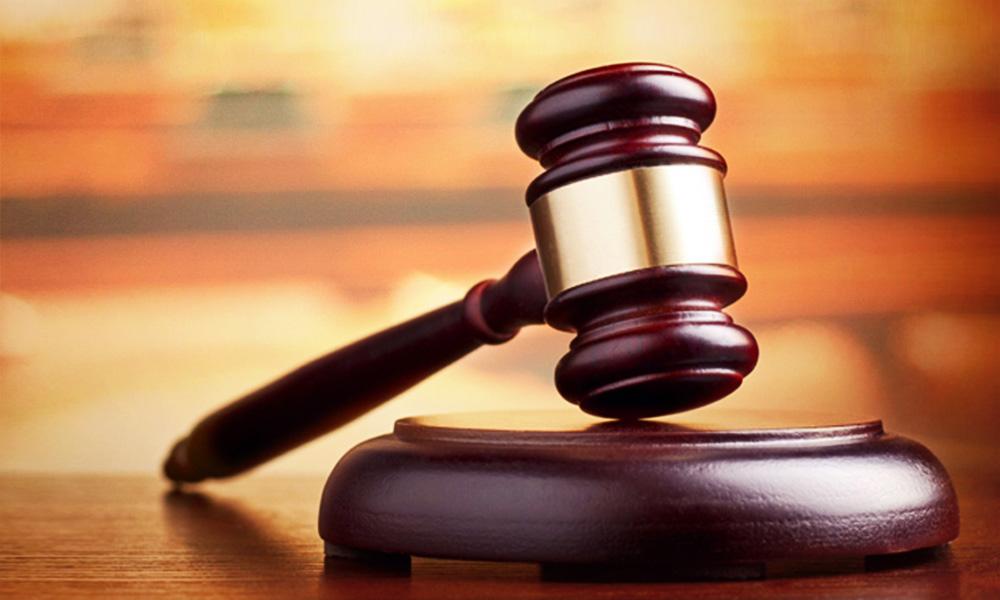
I refer to the Malaysiakini article Is the new AG choosing his briefs like a private lawyer?
Is the former chief justice right in what he says? Let us see. On June 24, 1994, by the Constitution (Amendment) Act 1994 [Act 885] Article 145 (1) was amended to read:
‘145(1): The Yang di-Pertuan Agong shall, on the advice of the Prime Minister, appoint a person who is qualified to be a judge of the Federal Court to be the Attorney General for the Federation.’
I fear the ex-chief justice has been led into a deplorable oversight. I wonder which constitution the ex-chief justice is reading from. At the rear of the Federal Constitution, is a list of amendments. Perhaps the ex-chief justice should have a look at it.
That is only one reason for this article. There are other reasons. The ex-chief justice suggests that the prosecution of offences is the ‘most difficult area of legal practice.’ This is simply not true. Every area is difficult.
The ex-chief justice’s comparison of one kind of work with another is like comparing the similarity between an apple and chalk. Defending a criminal charge is not a walk in the park. Defence lawyers will fail miserably if they do not possess an array of non-legal talent and skill.
One stands up, alone and unaided, against the massive machinery of the government; a machinery that the judiciary will not easily ignore.
Perhaps, the next time you walk into a legal firm doing corporate work, ask them how easy it is. Corporate lawyers lack sleep. Clients call them all day, at all hours, asking for an amendment of this, that or the other clause of a 50-page commercial document, which changes character from hour to hour. It becomes worse when the client is living out of jurisdiction in a time zone that is completely opposed to the local one. Or where one constantly must comply with US regulations for a Taiwanese party concluding a deal in London.
Civil litigation lawyers have no easy time either. During my pupillage, my master, 52 arrived at chambers at 6 am. He always left late. I recall going home at home at 3 am. When I had my own firm, it got none the better. One judge finished his trial at 3 pm on a Wednesday and ordered oral arguments the very next day at 9 am. We worked until 4:30 am, went home to change, and drove straight back to court. When arguments started at 9 am, they went on until after 2 pm.
After the court rose, my partner and a legal assistant had to support me to the car. I could not walk. This was not is an isolated incident. Nor was I was subject to any harder life than any other litigation lawyer. Commercial litigation is torture. When you are next at the Federal Court, observe commercial counsel. See if they have watery or red eyes.
But of all the areas of the law I’ve worked on, international commercial arbitration takes the cake. There was a matter we argued in Munich, Germany. We flew in on a Sunday night, had a brief stop-over in Qatar, got into Munich, had a few hours of sleep. In a matter of hours, we were up before a panel of three European arbitrators. They were sticklers for time.
We operated on at ‘chess clock’ basis. Every party had 18 hours to present its case. You could argue, have a conversation with the arbitrators, cross-examine your opponent’s witnesses, or examine your own witnesses. Every time you opened your mouth, the clock started, and they measured time. When your 18 hours were up, you simply had to stop.
We flew back after four exhausting days, only to receive instructions that written arguments had to be put in, in short order. Jet lag or no, everyone worked.
We had a similar situation in Singapore. It concerned a software breach running into millions of euros. They asked us to produce opening statements before a three-man panel on a Saturday. Hearings began on a Monday. These went right through to Thursday. That was also on a ‘chess clock’ basis. At the end of the case, the arbitrators directed that closing arguments were to be heard at 9 am on Thursday. We were at one of the Singapore hotels. I remember dictating until 3 am. The team members took down notes and typed it in.
One lawyer got so exhausted, she placed a laptop on the carpeted floor, lay down and wrote out the whole submissions. The next day we were ready. Our opponents were in no better condition. They were Singaporeans. They asked for an adjournment. It wasn’t granted.
So don’t tell me about fatigue, hard work, microscopic examination of evidence, and so forth. Most lawyers at the Bar, and most lawyers at the Attorney-General’s Chambers are workaholics. The intensity and duration of the hours they put in are never understood by clients, and in the case of AG's Chambers, the cabinet. You don’t hear members of the Bar complaining about their labour or their lack of sleep - and similarly, you will not hear any such complaints from my colleagues at the Attorney-General’s Chambers. - Mkini


No comments:
Post a Comment
Note: Only a member of this blog may post a comment.